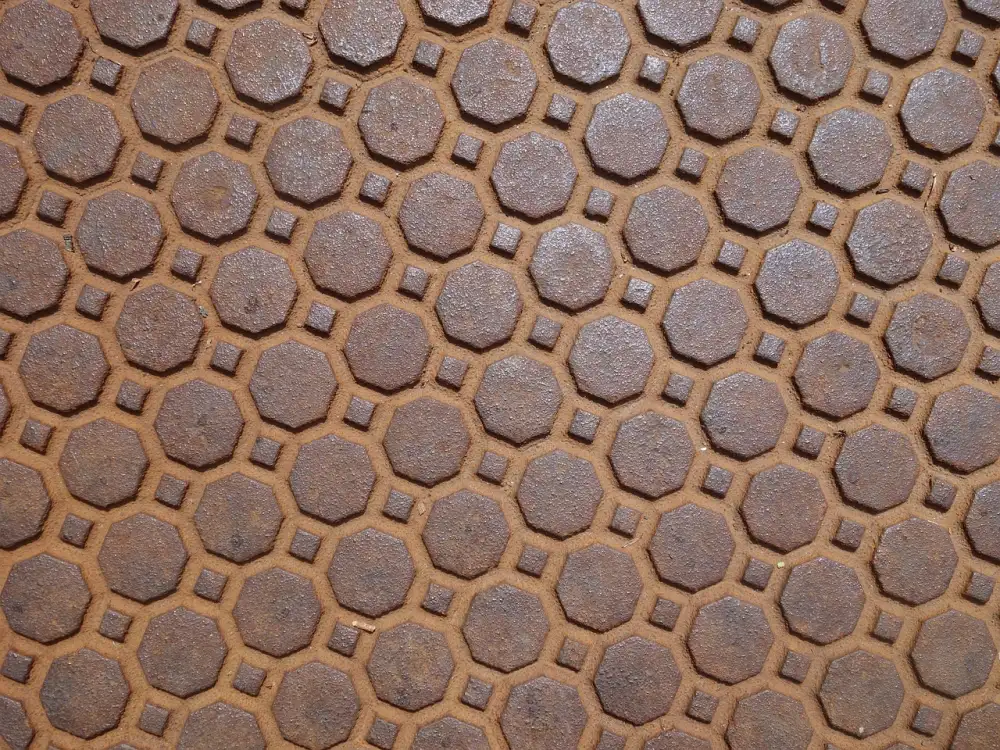Master the Art of Cleaning a Cast Iron Skillet: Essential Tips for Home Cooks

A cast iron skillet is a versatile and beloved tool in any kitchen, but it requires special care to maintain its longevity. Properly washing your cast iron skillet is essential to prevent rusting, remove food residue, and preserve its non-stick surface. In this article, we will guide you through the necessary steps to master the art of cleaning a cast iron skillet. By following these tips, you can ensure that your skillet remains in pristine condition for years to come.
Gather the Necessary Supplies for Cleaning
To properly clean a cast iron skillet, you will need a few essential supplies. Firstly, make sure to have hot water readily available. It is important to note that soap should not be used as it can strip away the skillet's seasoning. Additionally, you will need a soft brush or sponge specifically designated for cleaning cast iron. Avoid using abrasive materials that can damage the skillet's surface. Lastly, have some salt and oil on hand for tackling stubborn stains and preventing rusting respectively. With these supplies in place, you'll be well-equipped to clean your cast iron skillet effectively.
Preparing the Skillet for Washing
Before you begin washing your cast iron skillet, it's important to properly prepare it. Start by allowing the skillet to cool completely after use. Never attempt to wash a hot skillet as this can cause damage or injury. Once cooled, gently scrape off any food residue using a spatula or a wooden spoon. Be careful not to scratch the surface of the skillet. Next, rinse the skillet under warm water to remove any loose debris. Avoid using soap at this stage as it can strip away the seasoning of the skillet. With these simple steps, you are now ready to move on to the next stage of cleaning your cast iron skillet.
Cleaning the Skillet with Hot Water and a Soft Brush
Cleaning the skillet with hot water and a soft brush is an essential step in maintaining its longevity. After each use, allow the skillet to cool slightly before cleaning. Then, rinse it under hot water to remove any food particles. Avoid using soap as it can strip away the skillet's seasoning. Gently scrub the surface with a soft brush or sponge to remove any remaining residue. Be sure to clean both the interior and exterior of the skillet thoroughly. Rinse it again with hot water until all traces of food are gone.
Removing Stubborn Stains with Salt and Oil
If you encounter stubborn stains on your cast iron skillet that won't come off with just hot water and a brush, don't worry. There's a simple solution: salt and oil. Sprinkle a generous amount of coarse salt onto the stained area. Then, pour a small amount of vegetable oil onto the salt to create a paste-like consistency.
Using a soft cloth or paper towel, gently scrub the stained area in circular motions. The abrasive texture of the salt combined with the oil will help lift off those tough stains without damaging the skillet's seasoning.
Once you've scrubbed away the stains, rinse the skillet thoroughly with hot water to remove any remaining salt and oil residue. Be sure to dry it completely before moving on to the next step.
Remember, never use soap or harsh chemicals on your cast iron skillet as they can strip away its seasoning and affect its non-stick properties. Stick to natural cleaning methods like this one to keep your skillet in top shape for years to come.
Drying the Skillet Thoroughly
Drying the skillet thoroughly is crucial to prevent rusting. After washing, use a clean towel or paper towels to dry the skillet completely. Make sure to remove all moisture, including any water that may be trapped in the handle or corners. Leaving even a small amount of water can lead to rust formation. Additionally, you can place the skillet on a low heat burner for a few minutes to evaporate any remaining moisture. Remember, a well-dried skillet is essential for maintaining its longevity and ensuring it stays in top condition for years to come.
Applying a Thin Layer of Oil to Prevent Rusting
Applying a thin layer of oil to your cast iron skillet is crucial in preventing rusting and maintaining its longevity. After thoroughly drying the skillet, use a paper towel to apply a small amount of cooking oil to the entire surface, including the handle. Make sure to coat both the inside and outside of the skillet evenly. This oil acts as a protective barrier against moisture, which can cause rust to form. It also helps to keep your skillet seasoned, enhancing its non-stick properties over time. Remember not to use too much oil as it can become sticky and attract dust. By regularly applying a thin layer of oil, you will ensure that your cast iron skillet remains in excellent condition for years to come.
Storing the Skillet in a Dry Place
Once you have thoroughly cleaned and dried your cast iron skillet, it is crucial to store it properly to prevent any moisture from causing rust. The best way to store your skillet is in a dry place with good air circulation. Avoid storing it in a damp or humid area, such as under the sink or near the dishwasher.
To further protect your skillet, you can place a clean, dry cloth or paper towel inside it before putting it away. This will help absorb any residual moisture and keep the skillet dry.
Another option is to use a silicone or cloth pan protector to separate your cast iron skillet from other cookware when stacking them. This will prevent any scratches or damage that could lead to rust formation.
Remember, never store your cast iron skillet with its lid on as this can trap moisture and promote rusting. Instead, leave the skillet uncovered to allow for proper airflow.
By storing your cast iron skillet in a dry place, you are ensuring its longevity and preserving its seasoned surface. With proper storage, your skillet will be ready for many more delicious meals in the future.
In conclusion, properly cleaning and maintaining your cast iron skillet is essential for its longevity. By following the steps outlined in this article, you can ensure that your skillet remains in top condition for years to come. Remember to gather the necessary supplies, prepare the skillet for washing, clean it with hot water and a soft brush, remove stubborn stains with salt and oil, dry it thoroughly, apply a thin layer of oil to prevent rusting, and store it in a dry place. With these tips, you can master the art of cleaning a cast iron skillet and continue to enjoy delicious meals cooked with this versatile kitchen tool.
Published: 27. 01. 2024
Category: Home



